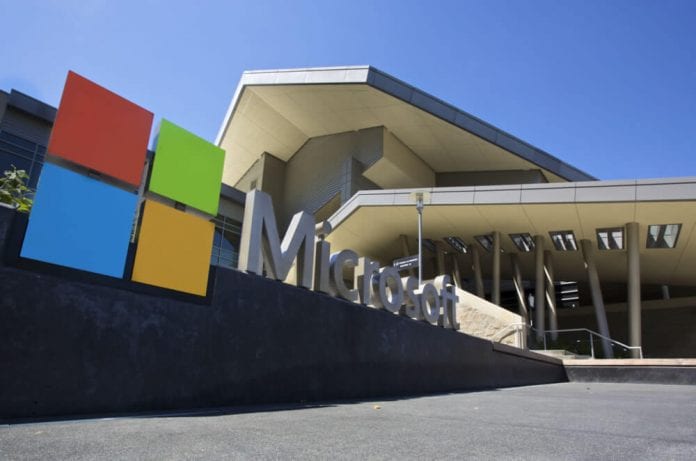
Microsoft Corporation (NASDAQ:MSFT) won a case related to the protection of e-mails stored overseas on Thursday. The Court of Appeals ruled that the U.S. government cannot force the company to turn over e-mails stored in Ireland as part of a drug investigation.
The Court of Appeals reverses a 2013 decision, which ordered Microsoft to turn over the e-mails of a suspected drug trafficker. The software giant appealed the decision with an argument that it would create a “global-free-for-all” and foreign government would have the reason to force companies to hand over evidence stored in the United States.
On the other hand, the U.S. government argued that a ruling in favor of the software giant would create a legal loophole, which could be taken advantage of by drug traffickers, hackers, and fraudsters.
In the ruling, U.S. Circuit Judge Susan Carney wrote that the law does not “authorize courts issue and enforce against US-based providers warrants for the seizure of customer emails stored exclusively on foreign servers.”
Other tech companies supported Microsoft in court
Other technology companies including Amazon.com (NASDAQ:AMZN), Apple (NASDAQ:AAPL) and Cisco Systems (NASDAQ:CSCO) supported Microsoft in the court.
Microsoft together with its partners and competitors in the industry pointed out that providing the U.S. government access to data stored overseas could create a chilling effect on the cloud technology sector, which is growing rapidly.
They also emphasized that it would discourage international clients particularly in government and highly-regulated industries and would prompt them to avoid U.S. cloud providers.
Obtaining evidence through foreign governments
Prosecutors said the process of requesting evidence from foreign governments can be time-consuming. They argued that U.S. law allows them to obtain data directly from companies based in the country that opted to store it in servers located overseas.
The case between Microsoft and the U.S. government is centered on the Electronic Communications Privacy Act of 1986, which was intended to protect users’ privacy. The law was enacted prior to the widespread use of e-mails, instant messages, and social networks. The Court of Appeals explained that the law does not have provisions for the application of warrants overseas.








